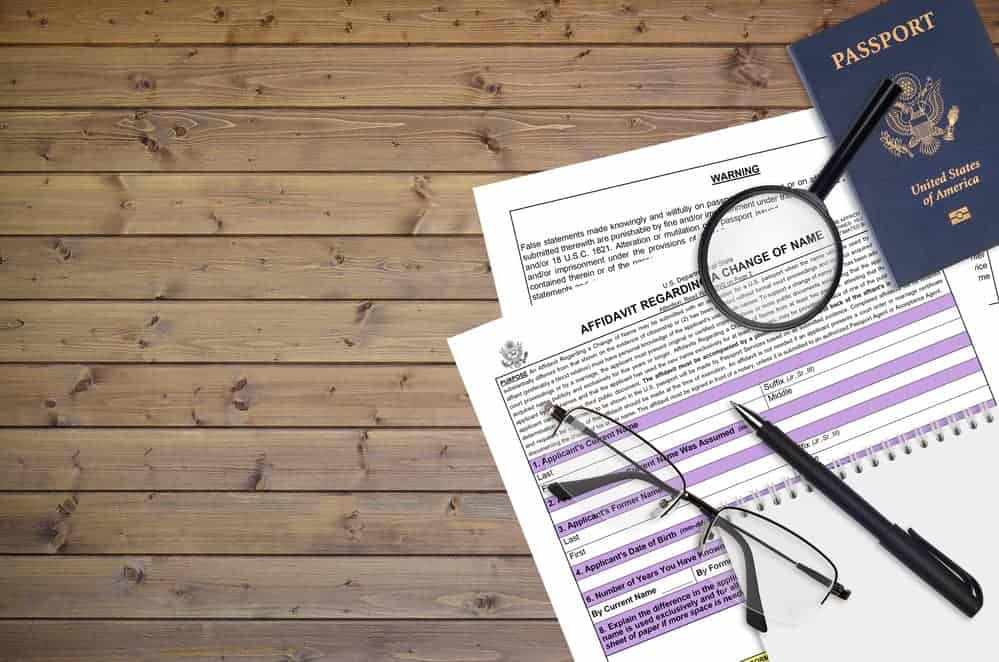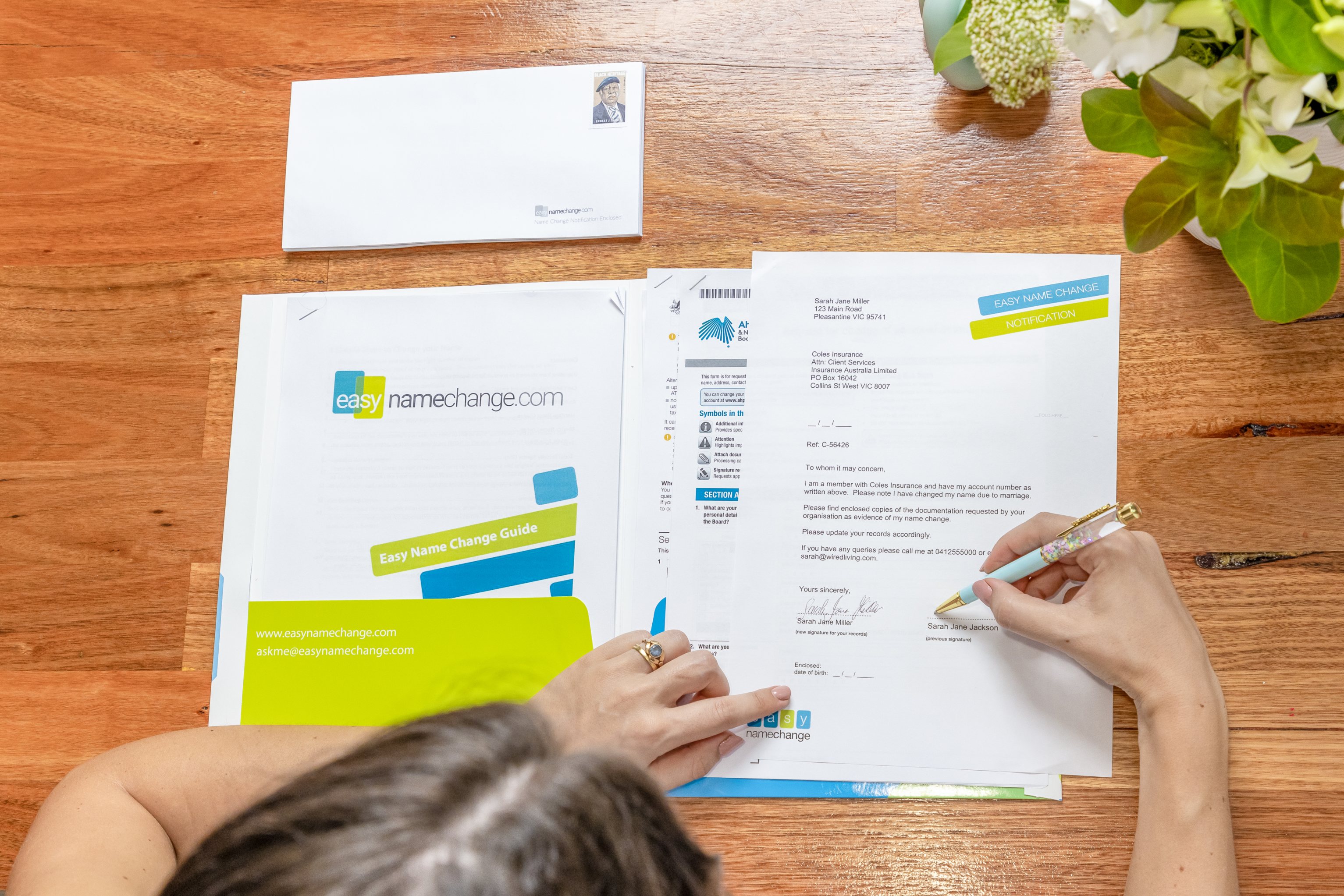In recent years, the decision for women to keep their maiden names after marriage has gained traction. Many women view retaining their birth surnames as a powerful statement of their individuality and a means to maintain personal and professional continuity. While opting to preserve one’s maiden name can have clear advantages, it is also essential to acknowledge the potential disadvantages of this choice.
One notable downside to keeping a maiden name is the potential confusion it may create in various situations. For instance, when a married couple has different surnames, it might cause misunderstandings when dealing with institutions such as schools or healthcare providers. Moreover, traveling with different surnames may lead to complications, especially when vacationing internationally, as some countries place regulations on women using their maiden names on passports.
The emotional impact of having a different surname from one’s spouse should not be underestimated. Couples may face increased pressure from family members who perceive retaining one’s maiden name as a break from tradition or rejection of family values. This discord can strain relationships, causing stress and feelings of isolation in social settings. While keeping a maiden name may prioritize personal autonomy, it is crucial to consider the potential challenges accompanying this choice.
Challenges in Familial and Social Life
Family Name Confusion
One of the disadvantages of keeping a maiden name after marriage is the potential confusion it can cause within family circles. When a woman keeps her maiden name, it may be unclear to some family members or acquaintances which family she belongs to. This can lead to miscommunications, especially during family events or gatherings.
Identity for Children
Another challenge faced by couples who choose not to change their names after marriage is the decision of which family names their children will carry. This can become a complicated and emotional choice, as both parents may want their children to share their last name. Some families opt for hyphenating the children’s last names, but this can lead to long and cumbersome names for future generations.
Baby and Kids
The choice to keep a maiden name can also impact children’s day-to-day lives. For example, children may face questions or confusion from teachers, classmates, and other parents at school, such as the “soccer mom” stereotype. Emphasizing the importance of gender equality can help children understand their parents’ choices and make them more resilient to judgment or criticism they might face.
Social Norms and Tradition
Lastly, retaining a maiden name goes against many cultures’ social norms and traditional expectations. While attitudes about gender equality and marriage have evolved in recent years, there still may be pressure from friends, family, and the wider community to abide by traditional practices. This can lead to feelings of isolation or judgment, making it more difficult for a woman to maintain her maiden name confidently. However, as society grows and changes, this challenge may lessen over time.
Difficulty in Professional Matters
Maintaining Professional Identity
Changing one’s name after marriage may result in difficulties, particularly for women who have established a professional identity with their maiden name. Often, women have spent years building their careers and reputation in their respective fields, which a name change may impact. Changing their name can confuse clients, colleagues, and industry peers, resulting in lost contacts or a lack of recognition for previous accomplishments.
Problems with Paperwork and Documentation
Shifting from a maiden name to a husband’s last name often means updating and obtaining new documentation. This includes driver’s licenses, voter registration cards, credit cards, and other personal documents, which can be cumbersome. Regarding professional paperwork, keeping a maiden name may create some complications related to consistency and recognition on old and new documents.
Work records, certifications, and publications under the maiden name might no longer be correctly attributed, and in some cases, amending these records may be challenging, time-consuming, or both. Furthermore, the paperwork in handling legal matters or contracts may become more complex as some legal documents may require both maiden and married names for verification.

Surname and Passport
For those who travel frequently, especially for work-related purposes, keeping a maiden name can lead to complications concerning passports. For instance, having your maiden name on your passport but using your married name in other documents may create confusion during international travel, immigration, or other border control treatments. Moreover, getting a new passport with a changed name might take time and add extra steps during the application process.
In summary, keeping a maiden name has disadvantages in professional matters, requiring consistent use of names in personal and professional records. These range from maintaining a professional identity to handling paperwork and passport issues.
Comprehensive Decision-Making Process
Personal Reasons and Autonomy
One disadvantage of keeping a maiden name is the potential loss of personal autonomy. A woman may choose to keep her last name as part of her identity, which can be a powerful statement in a society that often expects women to take their husband’s name. It is essential to remember that this decision is ultimately personal, and the couple may have various reasons for keeping or changing the last name.
Advantages and Disadvantages of Hyphenating
Many couples opt for hyphenating their last names as a compromise. Hyphenating allows both partners to maintain their identity while also uniting as a married couple. However, there are drawbacks like the added length or possible confusion of having a hyphenated last name, making it harder to navigate professional and legal situations.
The Role of Relationship Experts
When deciding to keep one’s maiden name or change it, consulting relationship experts can provide guidance. These professionals can help couples navigate this choice’s emotional and practical aspects, ensuring that they are making the best decision for their relationship and individual needs.
Divorce and Name Change Considerations
Lastly, couples should consider the potential of future divorce when deciding about their last name. In some cases, women with a consistent professional reputation may face challenges reverting to their maiden name. It can be a time-consuming and emotionally taxing, so couples should consider the implications of changing their name when they get married or divorced.

Click here to change your name in minutes with ZERO stress
FAQs
Why do some people keep their maiden names?
There are various reasons why individuals may choose to keep their maiden names. Some may do it for professional reasons, as their name is already associated with their career and reputation. Others may keep their maiden names to maintain a connection with their family heritage.
What are the disadvantages of keeping one’s maiden name?
Keeping a maiden name can sometimes create confusion in legal matters. It might also lead to difficulties when traveling with children with a different surnames or when attending social events where people may assume a couple is unmarried.
Are there any legal implications to keeping a maiden name?
In most cases, no legal issues are involved in keeping one’s maiden name. However, it’s important to ensure that the name is consistently used across documents and records to avoid situations where proof of identity or marriage might be required.
Can one change their mind and adopt their spouse’s family name later?
Yes, it’s entirely possible to change one’s name later, even after initially choosing to keep their maiden name. The process varies by jurisdiction but usually involves completing a name change form and providing appropriate documentation such as a marriage certificate.
How do children’s surnames work in cases where the mother retains her maiden name?
Parents can give their children either the mother’s maiden name, the father’s family name, or a combination of both. In some cultures, it’s common to use a double-barreled surname, which includes both parents’ last names connected by a hyphen. Ultimately, the choice rests with the parents, and there are no legal restrictions on their children’s choice of last name.
https://www.legalscoops.com/disadvantages-of-not-changing-name-after-marriage/




































